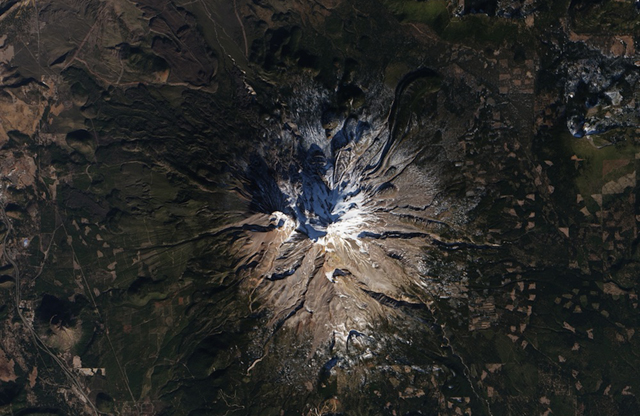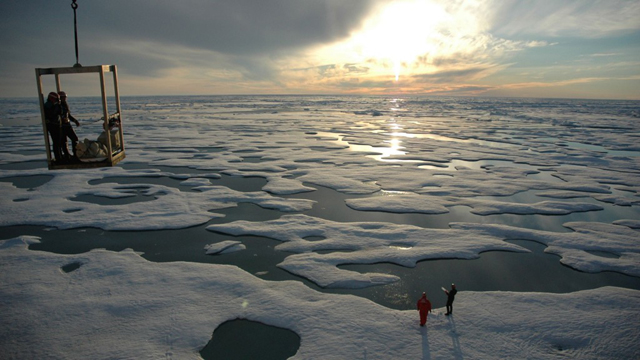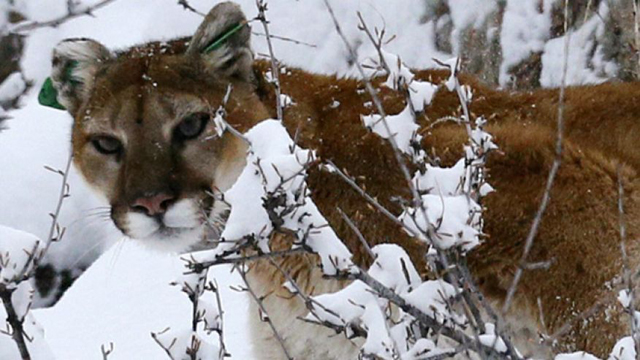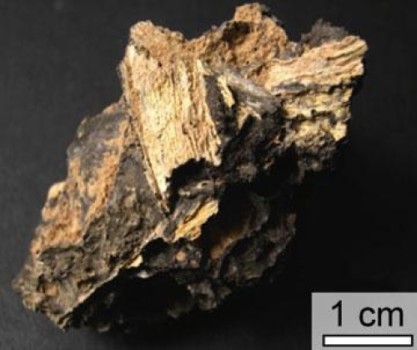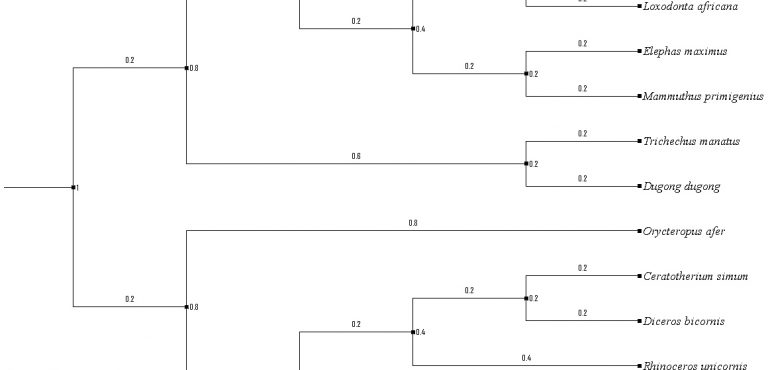California is parched, with 100 percent of the Golden State entrenched in drought conditions for the first time in 15 years, according to the U.S. Drought Monitor (USDM). "With the expansion of D1 [moderate drought] across southeast California and southwest Arizona, this week marks the first time in the 15-year history of the USDM that…
Read more
Totally Parched: 100% of California in Drought
